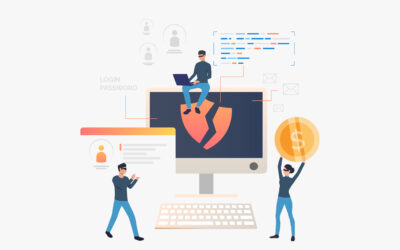
Cybersecurity 2025: AI, Quantum Threats, and Zero Trust Dominate the Global Security Agenda
In 2025, the global cybersecurity landscape is more complex and high-stakes than ever. As digital transformation accelerates across industries, cybercriminals are leveraging AI, automation, and even quantum computing prototypes to launch more sophisticated attacks—forcing organizations to rethink their entire security strategy. According to IBM’s latest X-Force Threat Intelligence Index, global cyberattacks have risen by 38%…









